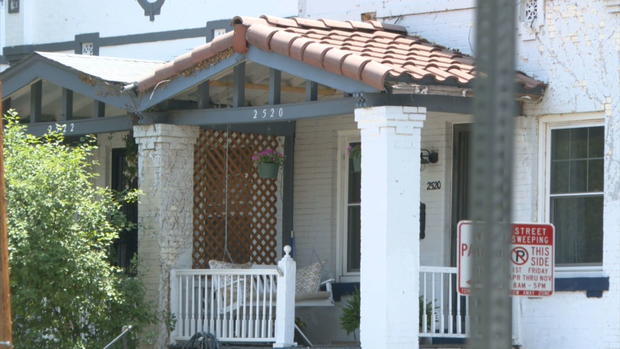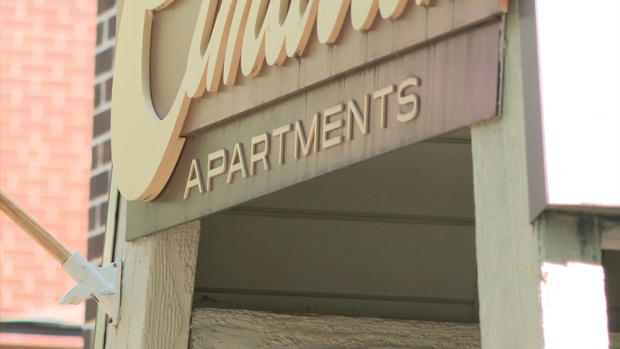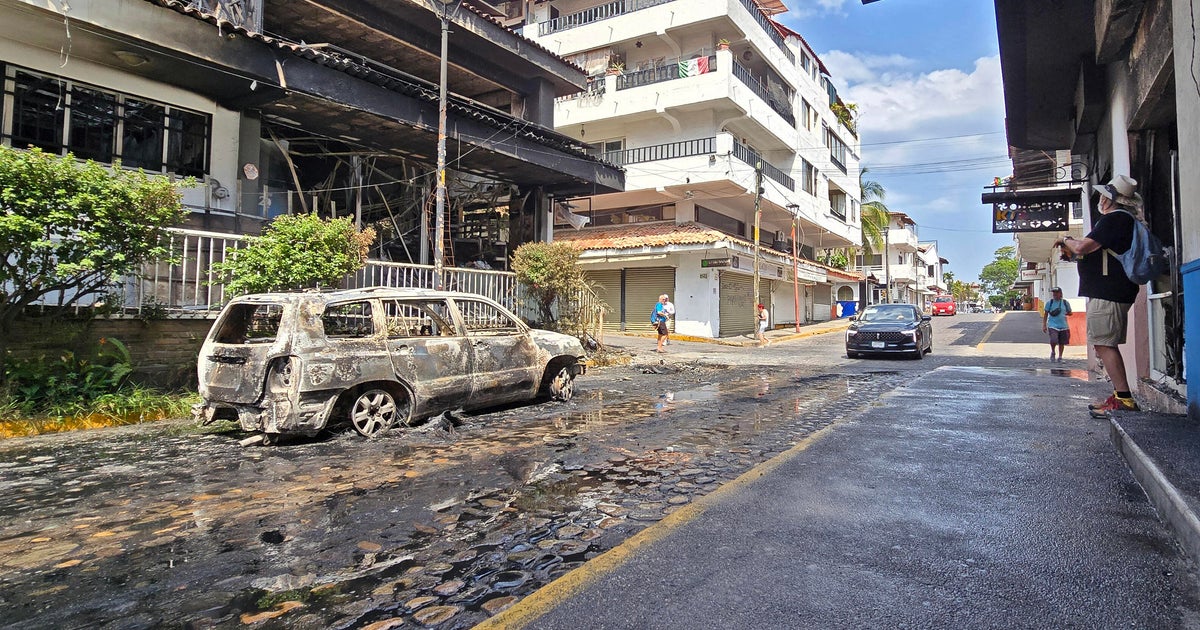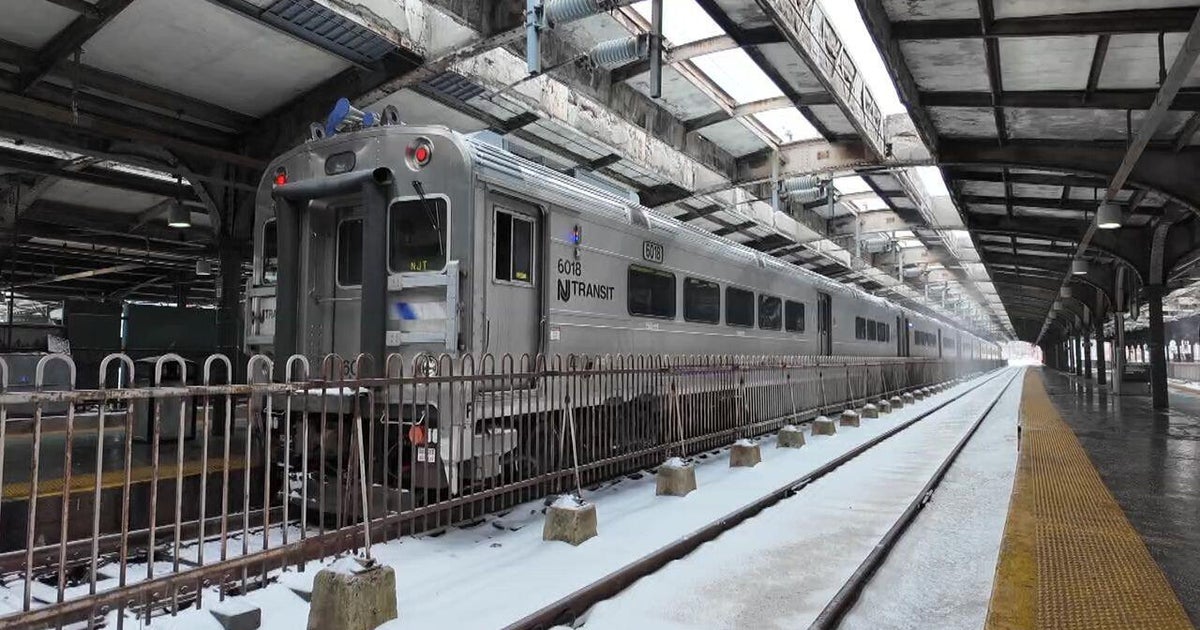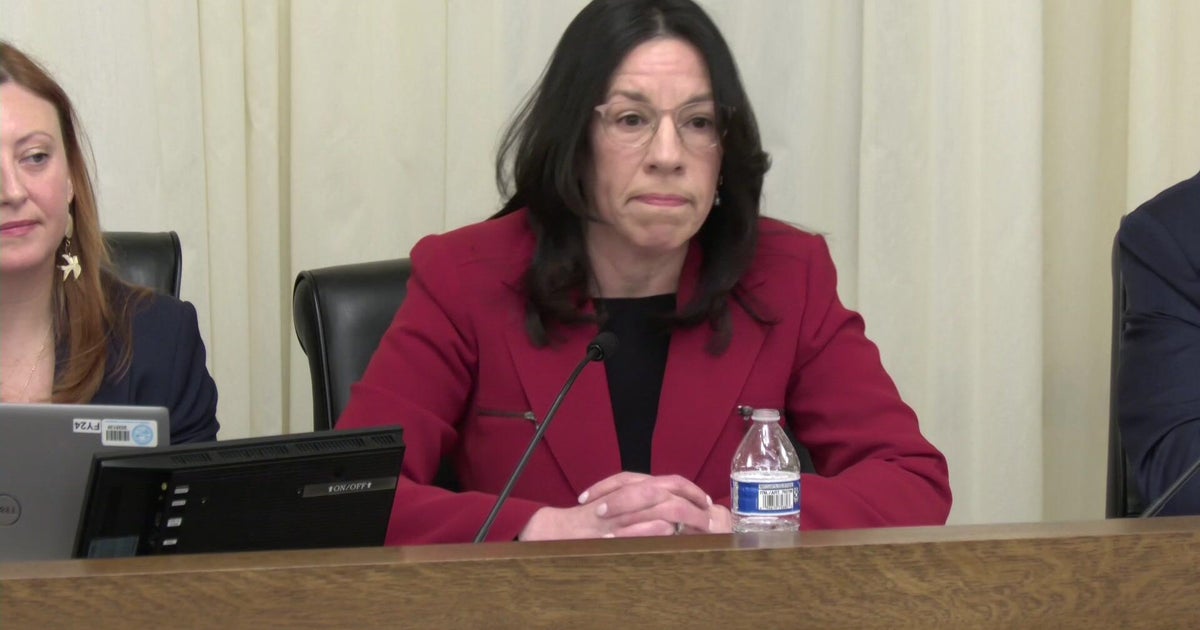Governor Polis Doesn't Extend Eviction Moratorium But Provides New Relief To Renters
DENVER (CBS4) - Colorado's temporary ban on evictions has expired, but new orders signed by Governor Polis this weekend aim to provide renters with some relief. Tenants' rights advocates say the orders will protect some renters, but without a new statewide moratorium, they fear many could still find themselves in court as soon as this week.
"The bottom line here is, in order to stay safer at home, Coloradans need homes and need to be able to stay in their homes," said Sam Gilman, co-founder of the COVID-19 Eviction Defense Project, which offers legal support to Coloradans struggling to pay rent.
Under the new executive order:
- Landlords must provide tenants with thirty (30) days' notice of any default for non-payment before initiating or filing action for forcible entry and detainer. Such 30-day notice may extend beyond the expiration of this Executive Order. During this thirty (30) day period, tenants shall have the opportunity to cure any default for nonpayment.
- The Executive Director of DOLA is directed to work with landlords to implement the model rent repayment agreements created by DOLA to assist individuals who are unable to pay rent because they have been impacted by financial hardship due to COVID-19.
- Landlords and lenders are prohibited from charging any late fees or penalties for any breach of the terms of a lease or rental agreement due to nonpayment that were incurred from May 1, 2020 until June 13, 2020.
- Nothing in this Executive Order shall be construed as relieving an individual from their obligation to make mortgage or rent payments.
"Through this Executive Order, I encourage landlords to take steps to limit evictions for tenants who have made a good faith effort to make rental payments or who have made a good faith effort to establish a repayment agreement, and I direct the Department of Local Affairs (DOLA) to work with COVID-impacted landlords and tenants to create reasonable payment plans that allow tenants to remain in their residences while we return Coloradans to work safely," Polis said in a statement.
According to Gilman, the order will effectively buy time for renters to pay back rent, but it will neither help people already in the process, nor stop what he and his colleagues describe as an upcoming "avalanche of evictions."
"For people who were filed against prior to the first executive order in April, those folks could face eviction and the continuation of proceedings as soon as today," Gilman said.
Following the Colorado Senate's recent failure to move forward a provision that would have prohibited evictions during the pandemic, the COVID-19 Eviction Defense Fund published an open letter, co-signed by dozens of elected officials and community organizations, urging the Governor to enact another eviction moratorium.
In the letter, the group of attorneys cite a figure from the Neighborhood Development Collaborative, saying 82,000 Colorado families are already behind on rent. The team also references its own projections and warns of a potential second wave of evictions later in the summer when expanded unemployment benefits decline.
"By our projections, the avalanche of evictions could be 300-400,000 Coloradans at risk of eviction by the end of September if conditions don't change," Gilman said.
It's a projection, the Apartment Association of Metro Denver disagrees with. General counsel, Drew Hamrick, tells CBS4 the trade association's own data makes him doubtful about any future eviction crisis.
"Rent payments remain strong, evictions remain low, both property owners and residents of good will can generally find ways to restructure a contract," Hamrick said.
According to that data provided by the Apartment Association, which represents about 75% of landlords in the state, the majority of tenants have been able to keep up with rent. Additionally, there were only been 37 eviction filings statewide between June 1 and June 10, compared to about 3,000 in an average month.
Hamrick said landlords are just as likely as renters to suffer from the potential financial hardships related to the pandemic, and smaller landlords would be disproportionately affected by tenants not paying their rent.
"A lot of these folks are not big operators," Hamrick said. "They're people that have one or two units, and many of those are financially hurting as much as the residents that happen to be renting those properties."
CBS4 reached out to Governor Polis' office to see if he has any plans to extend a statewide eviction moratorium.
"The Governor was able to use his executive authority to enact a short term moratorium on evictions during Stay at Home and Safer at Home. But as the state moved towards greater reopening the General Assembly had to step in to extend the moratorium and unfortunately, they did not," officials responded.
"The Governor supported this bill and the efforts that did pass that will provide $20 million in direct rent and mortgage assistance, including $350,000 set aside for legal support for Coloradans facing eviction. He also supported an additional effort to add $35 million in relief for the next three years. We believe the current rent and mortgage relief executive order to ensure no late fees, proper notification, and pathways for reasonable repayment plans is the furthest the Governor can go pursuant to his current executive powers without legislative action," officials stated.
The city and county of Denver's Joint Information Center said Denver's current order for evictions will stay in place until further notice.
